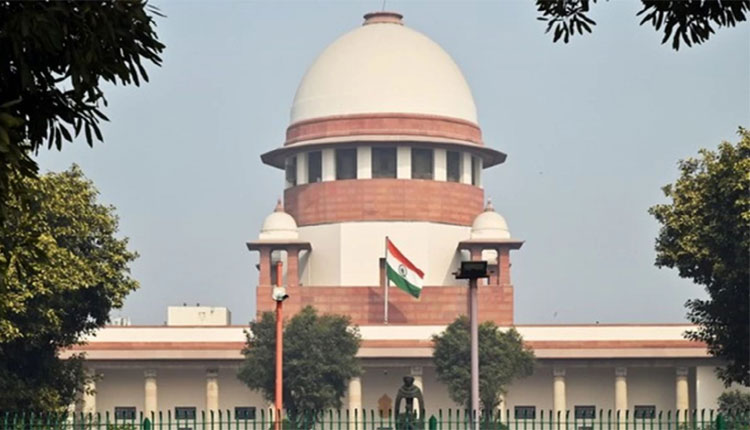NewDelhi: Supreme court of India has clearly pointed out in recent judgement that Article 39(b) of the constitution cannot be used by government to acquire any private property for which public interest is not established. Written by a Constitution Bench comprising nine judges, including the Chief Justice DY Chandruchud the said verdict overrules Supreme Court’s previous judgments and reformulates the approach towards property rights with regard to its relevance in State regulation for public interest.
The Chief Justice, Sangeeta Chandrachud, and Justices Hrishikesh Roy, Sudhanshu Dhulia, J.B. Pardiwala, B.V. Nagarathna, Rajesh Bindal, Manoj Mishra, Satish Sharma and Augustine George Massih heard this case for five days in April. After due consideration, the Bench coming with its judgement, which changed the yardsticks set in previous verdicts in a major way.
The fundamental question concerned was whether the state should gain ownership of all the resources in private enterprise on the plea of ‘state ownership for social use’. Justice Chandrachud pointed that the government can make claims only for resources that are intended for the real public interest, and are in the hands of the community.
This ruling thus reverses previous judgements of the apex court like one given by Justice V.R. Krishna Iyer; that had affirmed broader state claims over private resources. In his original decision, Justice Iyer mentioned that there was no distinction on any ground as to why the state could not acquire any private property, a statement that rejoiced the socialist principles of the 1970s.
Today’s judgement establishes the difference between the state as bringing about economic democracy and the state as authority over private property. The Chief Justice has stated that the court is not an economics forum for deciding on economic policies, but indeed, is there to help bring in economic democracy in consonance with our Constitution.
This ruling also overturns several of the post-1978 socialist-themed decisions that had provided the state with almost unlimited power of eminent domain to take private property for public uses. The Top Court has now clearly set down that such acquisitions are possible only where there is real public interest concerned in such acquisitions, thus restoring Article III constitutional status of rights of individuals against state power.



Comments are closed.